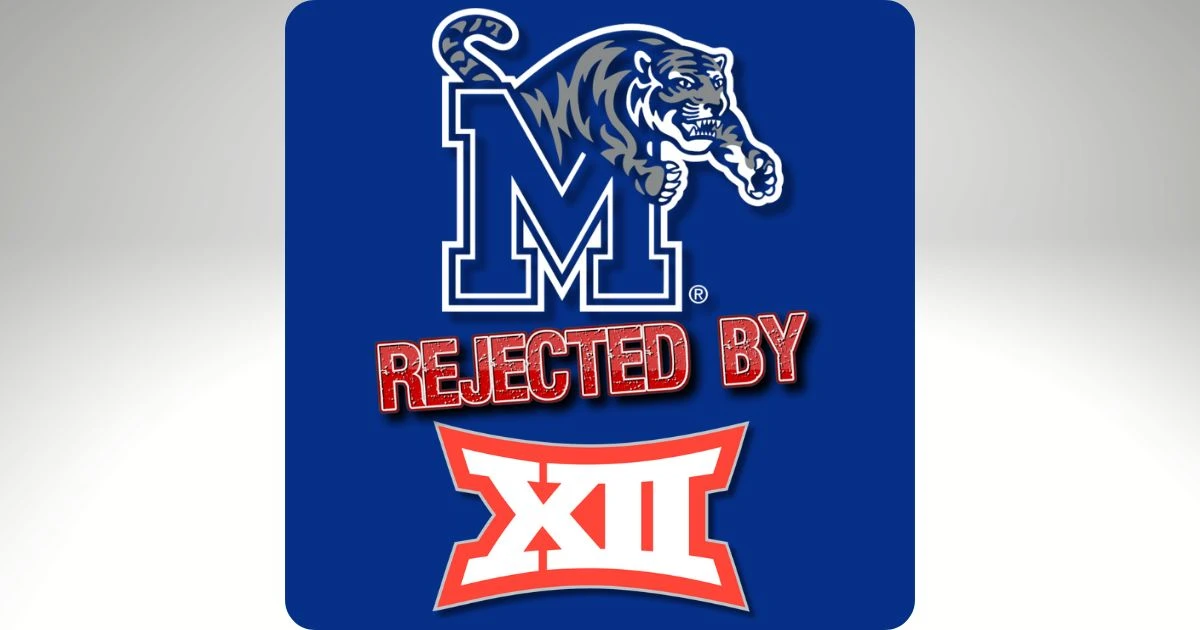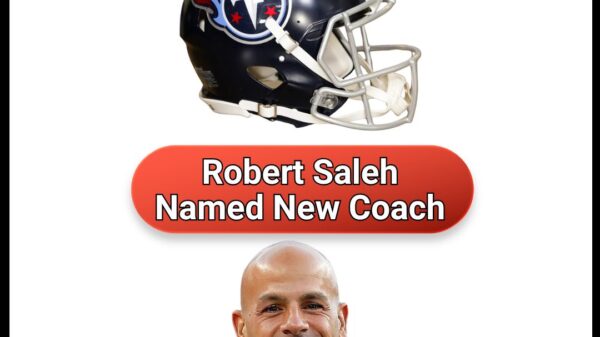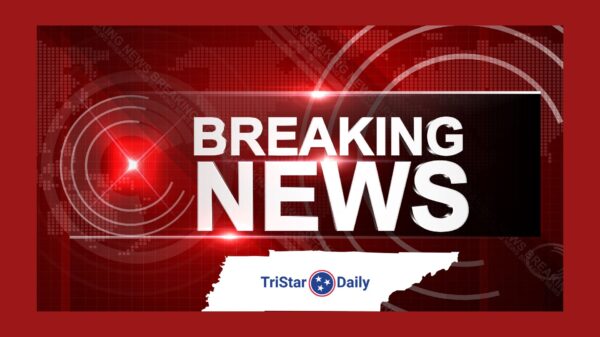The University of Memphis made a bold proposal to join the Big 12 Conference, offering up to $200 million in sponsorship-backed incentives. However, this proposal was ultimately declined without a formal vote among the conference leaders.
According to Ross Dellenger of Yahoo Sports and multiple other sources, Memphis outlined a five-year plan that included waiving media revenue distribution payments and securing commitments from major corporate partners like FedEx, Lowe’s, and AutoZone. These sponsorships were intended to provide financial support to offset the university’s entry into a Power Five conference. Additionally, the proposal included an expulsion clause, allowing the Big 12 to remove Memphis from the conference if it failed to meet expectations by the 2030–31 season.
Despite the aggressive and unprecedented nature of the proposal, Big 12 leaders showed little interest. Reports indicate that the plan did not reach the full board for consideration, as conference officials seem satisfied with the current 16-member structure and are not actively seeking expansion at this time.
University of Memphis President Bill Hardgrave led efforts to lobby for membership, spending over a year engaging with Big 12 university presidents and athletic directors to secure a spot in the expanding conference. This strategy mirrored that of SMU, which sacrificed significant revenue to join the Atlantic Coast Conference, but Memphis’ offer included extensive tangible corporate backing.
Reactions from college sports analysts and fans have been mixed. Some questioned why the Big 12 would reject what they viewed as a “no-risk” financial opportunity, while others speculated that the conference saw limited long-term value in adding Memphis. Concerns likely centered around market size, television contract implications, and whether Memphis would enhance the Big 12’s brand.
For now, Memphis remains in the American Athletic Conference. The university’s leadership continues to position its athletic programs—particularly football and men’s basketball—as deserving of Power Conference inclusion. Under head coach Ryan Silverfield, the football team has achieved a 42–20 record and made multiple bowl appearances in recent years, while Penny Hardaway’s basketball program has qualified for the NCAA Tournament three times in four seasons.
Although the Big 12 turned down the $200 million proposal, Memphis may still be considered for future expansion in the constantly evolving landscape of college athletics. For the moment, however, the university’s aspirations of joining a Power Four conference will remain on hold.















